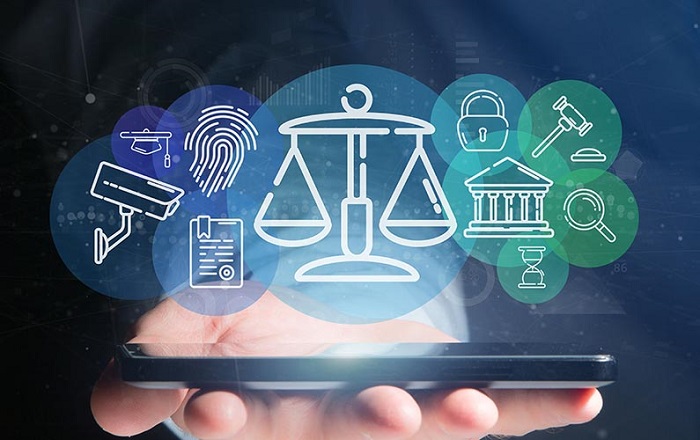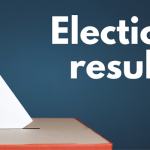Civil registration and document registration authentication service, masterpiece and zip code must guarantee their services
Devices that provide basic e-Government services will be required to provide a Service Level Assurance (SLA). In the first stage, these services include the four services of authentication of natural persons of civil registry, postal code, masterpiece inquiry and authentication of legal persons of the Real Estate Registration Organization.
According to the Iran digital economy annotation, service delivery in the e-government service portal is dependent on the basic services provided by some devices, and if these services are disrupted, most other services will suffer. For this reason, the e-Government Interoperability Working Group has decided to sign an SLA with the basic e-Government service providers.
Javad Movahed, the deputy of the electronic government of the Information Technology Organization, said about this issue: “On some days, we see disruptions in basic services, and due to this disruption, the provision of services in some device systems also faces problems.”
For this reason, in the National Data and Information Management Law, the Interoperability Working Group has been authorized to take SLA from the basic and effective services in the provision of e-government services based on the diagnosis it gives.
According to Movahed, since these services are basic, they should not be disturbed in any way, and the devices in this field should sign a service level agreement with the National Information Exchange Center. This SAL has been approved by the interoperability working group and is in the stage of concluding an agreement.
The deputy of the electronic government of the Information Technology Organization said that in the first stage, there are four authentication services of natural persons in the civil registration organization, postal code in the National Post Company, Shahkar query in the Radio Communications Regulatory Organization and authentication of legal entities in the Real Estate Registration Organization as Basic services are known.
Assignments of units
According to the budget law of 2023, the institutions were required to provide 100% of their services electronically through the unified window of government services by the end of November. Movahed said about the implementation of this task:
We have three standard stages of service. One step is to receive service requests from citizens, one step is to process that service, and one step is to deliver the service, and no device can claim that it cannot provide at least one of these steps electronically.
The second task in the budget law was the electronicization of inter-agency inquiries, which had to be done by the end of December. Movahed also said about this assignment: more than 180 requests from devices came to the interactivity working group.
Most of these were reviewed, resulting in the issuance of 80 new services. That is, the service that didn’t exist before was a new service that was created this year, and even now, the interoperability of these requests is checked in turns in the meetings of the working group, and permits are issued.
Finally, according to this year’s budget law, the devices are required to provide 20% of their services in an intelligent way without human intervention.
The deputy of the electronic government of the Information Technology Organization also said about this clause of the law: an important part of the devices have announced 20% of the services that should be made smart and it was examined by the supervisory committee and some of them were approved and some were rejected until the end of January.
Both institutions have the opportunity to present this 20% in a smart way based on the components and conditions and requirements that are included in the executive regulations of this year’s budget law.
He expressed his hope that even if all the devices fail to complete this task by the end of December, such an event will happen by the end of this year.
Statistics from the national window
About 2 years after the launch of the national window of e-government services, the number of visits to this portal has reached more than 12 million per day.
Javad Movahed said that 14,163,974 people entered the e-government window during the 24 hours ending on December 13; But on average, there are more than 12 million visits to this portal every day.
According to Movahed, the peak of referrals to the government’s smart portal occurred in July this year, reaching 18 million daily referrals. This issue was due to registration to receive textbooks.
In general, the most popular systems that are used after authentication in the single window are the Ministry of Education, the National Window of Smart Government Services, the Ministry of Roads and Urban Development, the support system of the Ministry of Welfare, the National Permits Portal, the mobile application of the National Window of Smart Government Services, the window of the academic service unit of the Ministry of Science, the window of the Faraja service unit, the targeting system of subsidies, and the window of the national service unit for the distribution of petroleum products.
And so far, more than 30,500,000 Iranians have registered and authenticated in this window.
The deputy of the electronic government of the Information Technology Organization said that in addition to the text message that is sent to users’ mobile phones for entering the unit window, internal messengers are also connected to this portal and when users enter, a message is sent to them that if someone other than the user enters If it becomes his account, he can cut off the access.




No Comment! Be the first one.